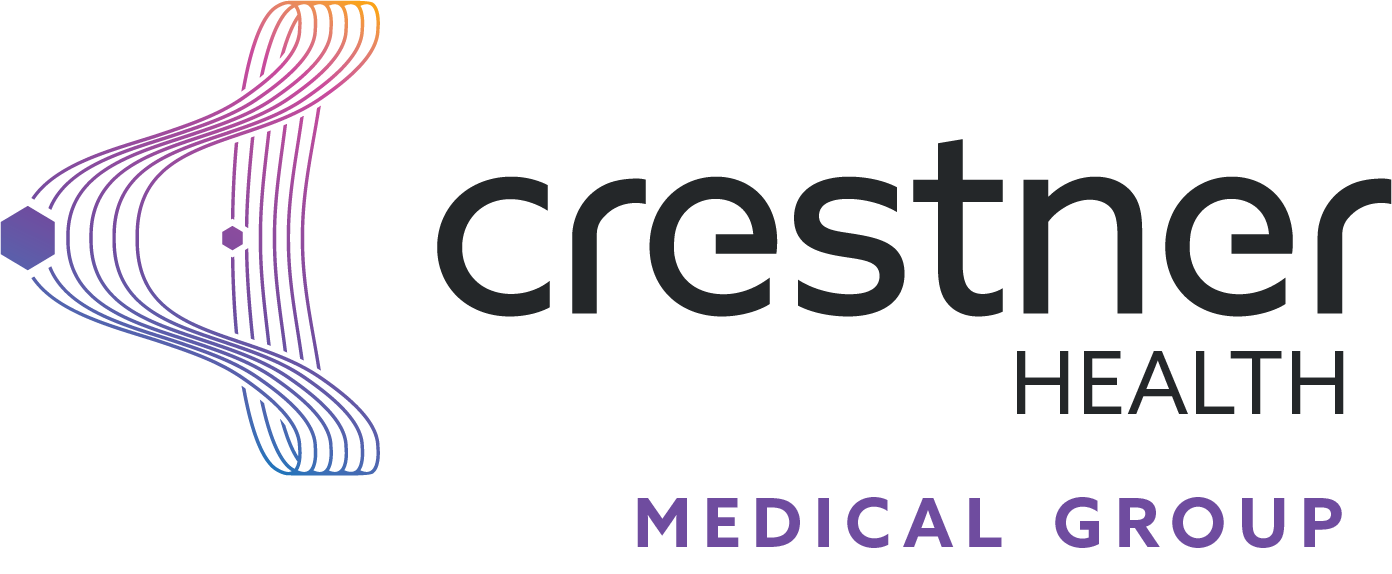Hormone Therapy
Hormone therapy blocks the effects of hormones that stimulate growth of certain cancers. In doing this, hormone therapy deprives cancer cells of what they need to grow. Hormone therapy is a common treatment for certain breast cancers, prostate cancers, and thyroid cancers.
Hormone therapy usually involves taking medicines. Sometimes, oncologists recommend removing part or the entire organ responsible for making the hormone.
Reasons for a Prescribing Hormone Therapy
Your doctor may use hormone therapy to treat:
- Breast cancer: 2 out of 3 breast cancers are hormone receptor positive for estrogen or progesterone. Hormone therapy for these cancers either lowers the amount of hormones in the body or stops the hormones from attaching to the receptor and stimulating growth. Ovarian ablation with surgery or drugs is another form of hormone therapy for this type of breast cancer.
- Prostate cancer: Male hormones called androgens are necessary for prostate cancer to grow. Hormone therapy for prostate cancer can reduce androgen production in the testicles, block the effect of androgen in the body, or block androgen production throughout the body. Removing one or both testicles is another option that reduces androgen levels by 90 to 95%.
- Thyroid cancer: The normally produced hormone TSH (thyroid stimulating hormone) promotes the growth of thyroid cancer cells. Taking higher than normal doses of thyroid hormone can keep TSH levels very low. This decreases the risk of thyroid cancer returning. Removing part or all of the thyroid gland is another form of hormone therapy. In this case, you may need to take replacement thyroid hormone to stay healthy.
Risks and Complications
Side effects are likely with hormone therapy because it changes the natural balance of hormones:
- Breast cancer: The main side effect of blocking estrogen and progesterone are menopausal symptoms. This includes hot flashes, night sweats, and vaginal dryness. There are other risks depending on the specific medication.
- Prostate cancer: Menopausal-type symptoms, such as hot flashes, can also occur when medicines block androgen hormones. Other possible side effects include erectile dysfunction, loss of libido, weight gain, and loss of muscle mass or strength.
- Thyroid cancer: Taking higher than normal doses of thyroid hormone for a long period of time can cause side effects. This includes heart problems and weakened bones. Taking high doses for a short amount of time does not seem to cause problems.
Ask your doctor about the specific risks and complications of your hormone therapy.
What to Expect
Temporary hormone therapy with medicines can still last a long time. Some of these medicines are necessary for years in order to reach their maximum effectiveness at treating cancer. Hormone therapy with surgery is generally permanent.






